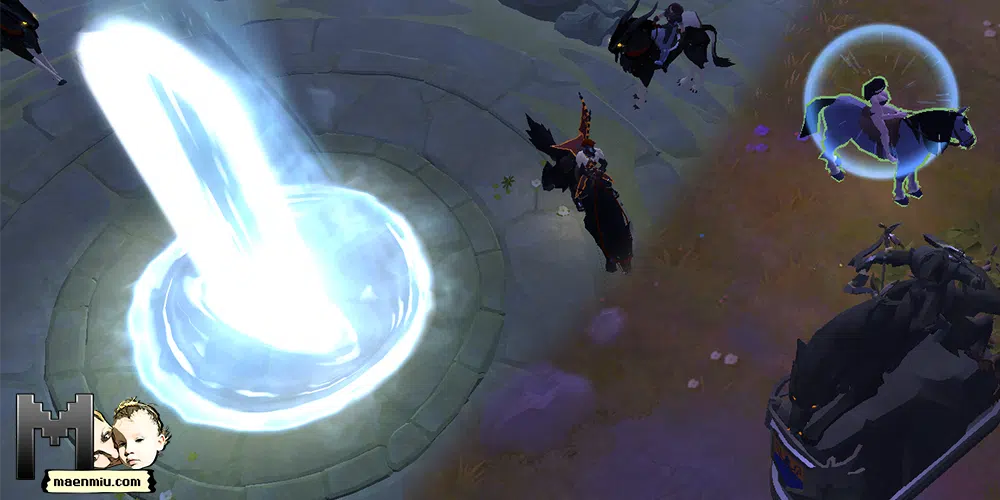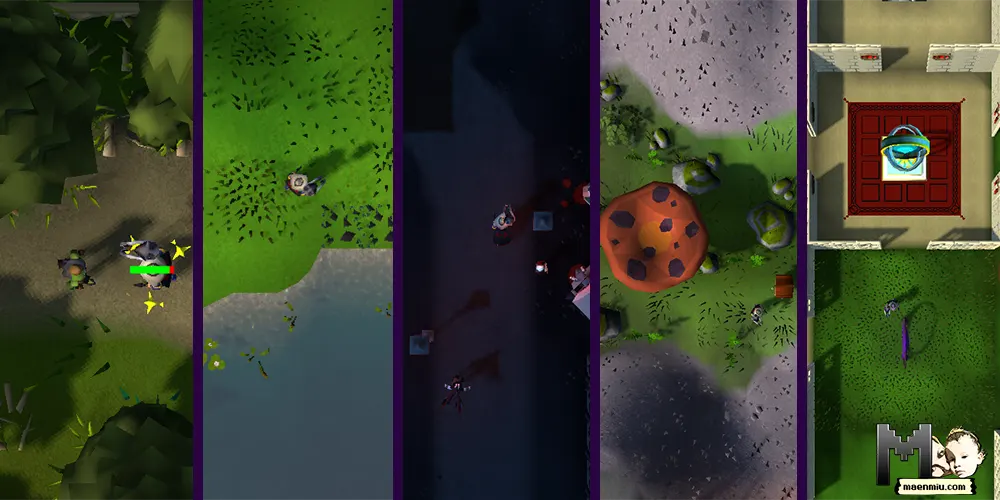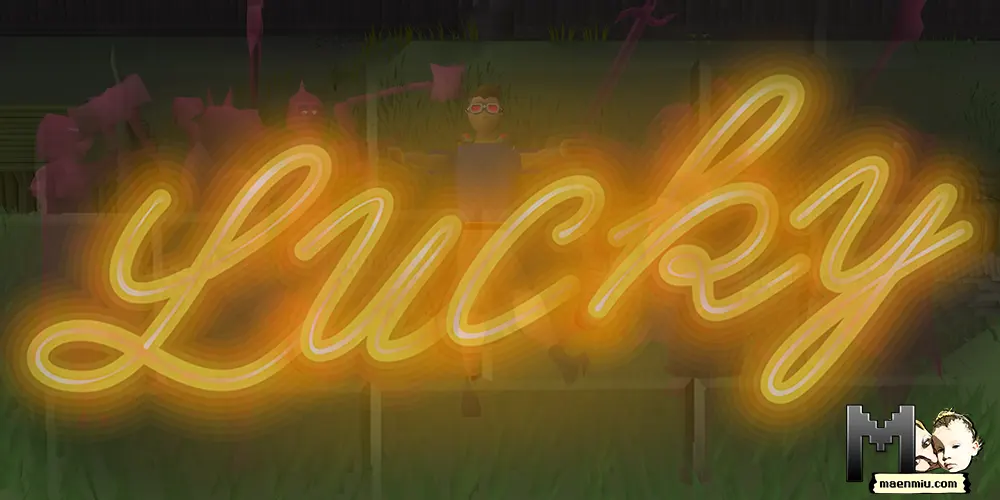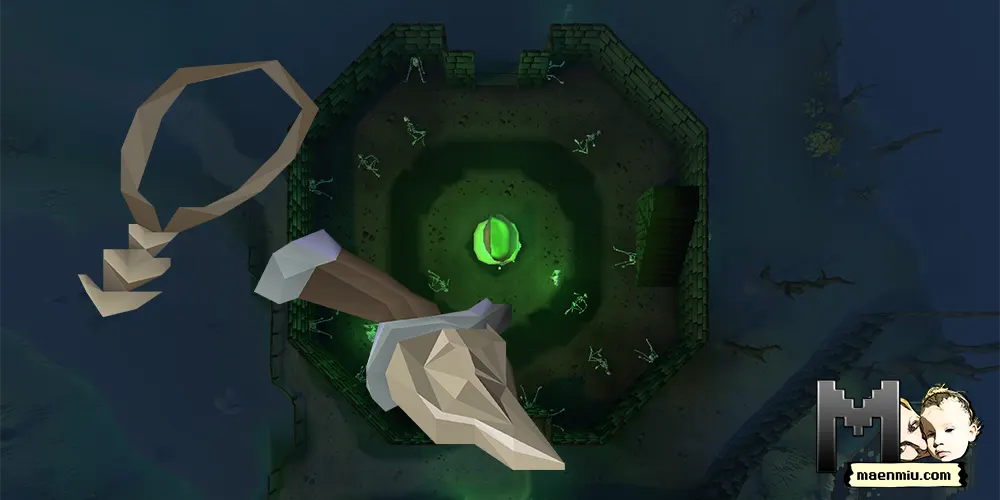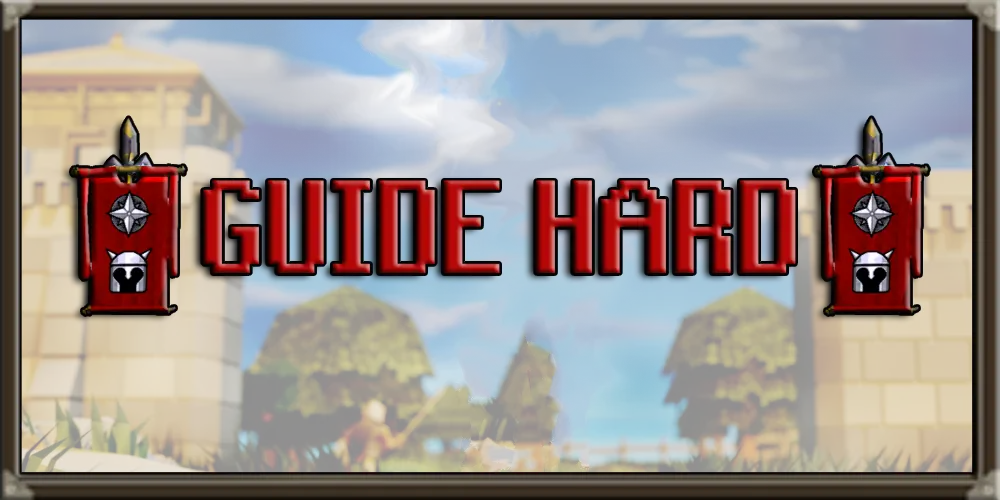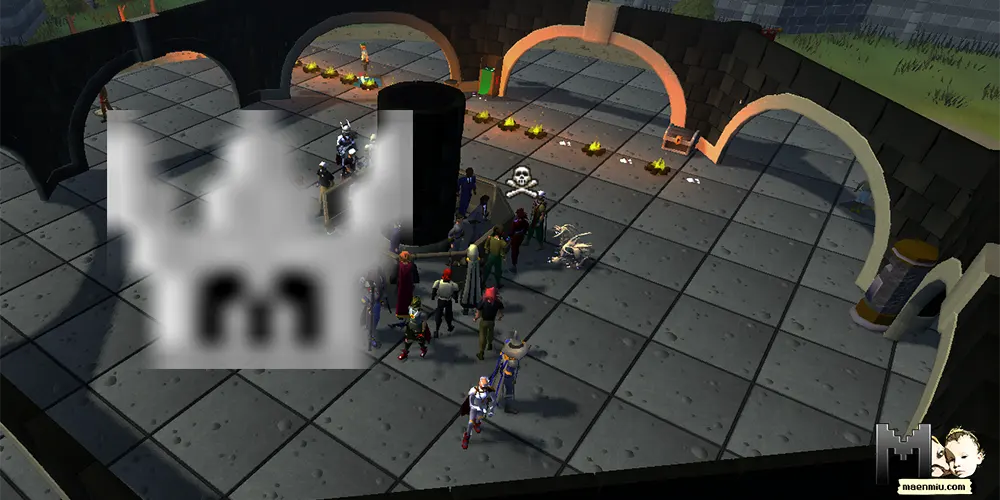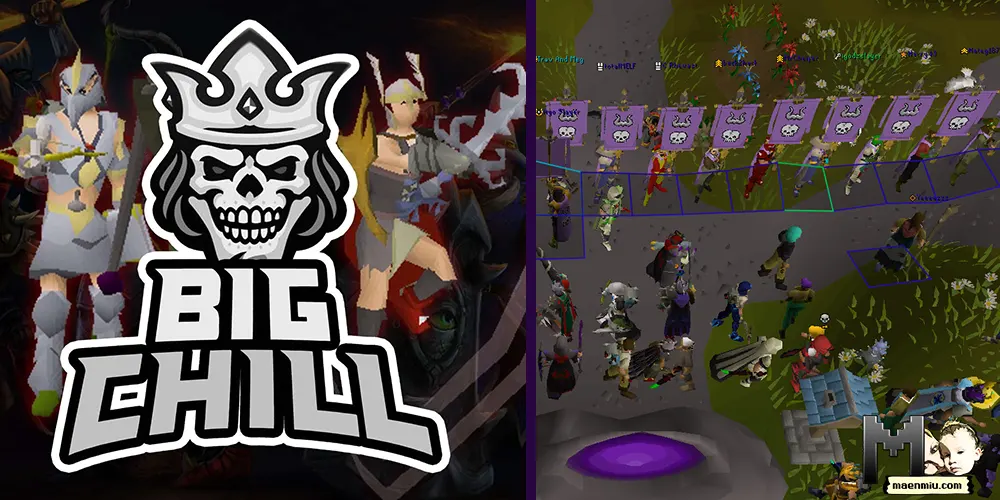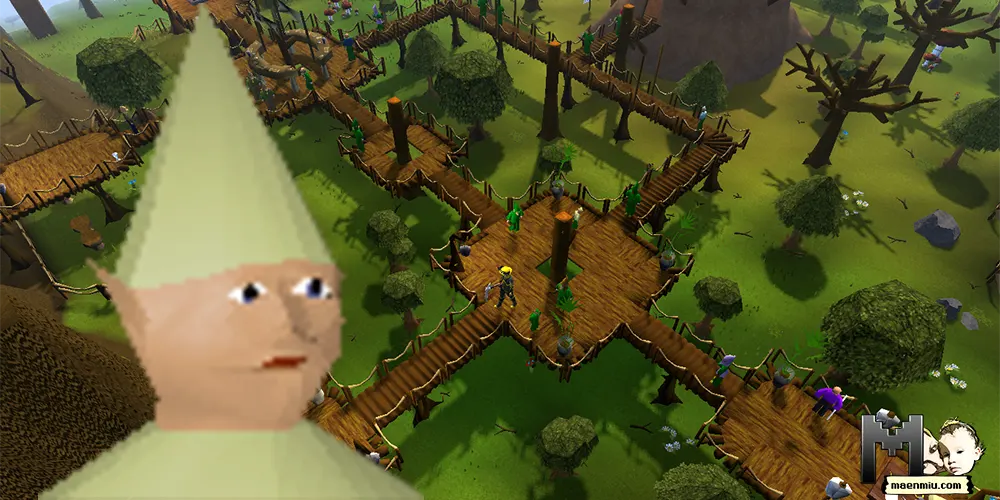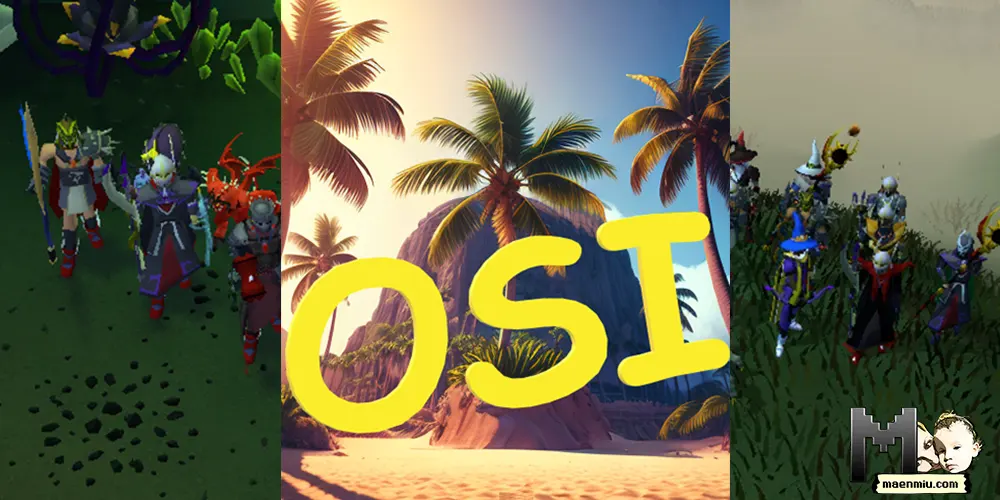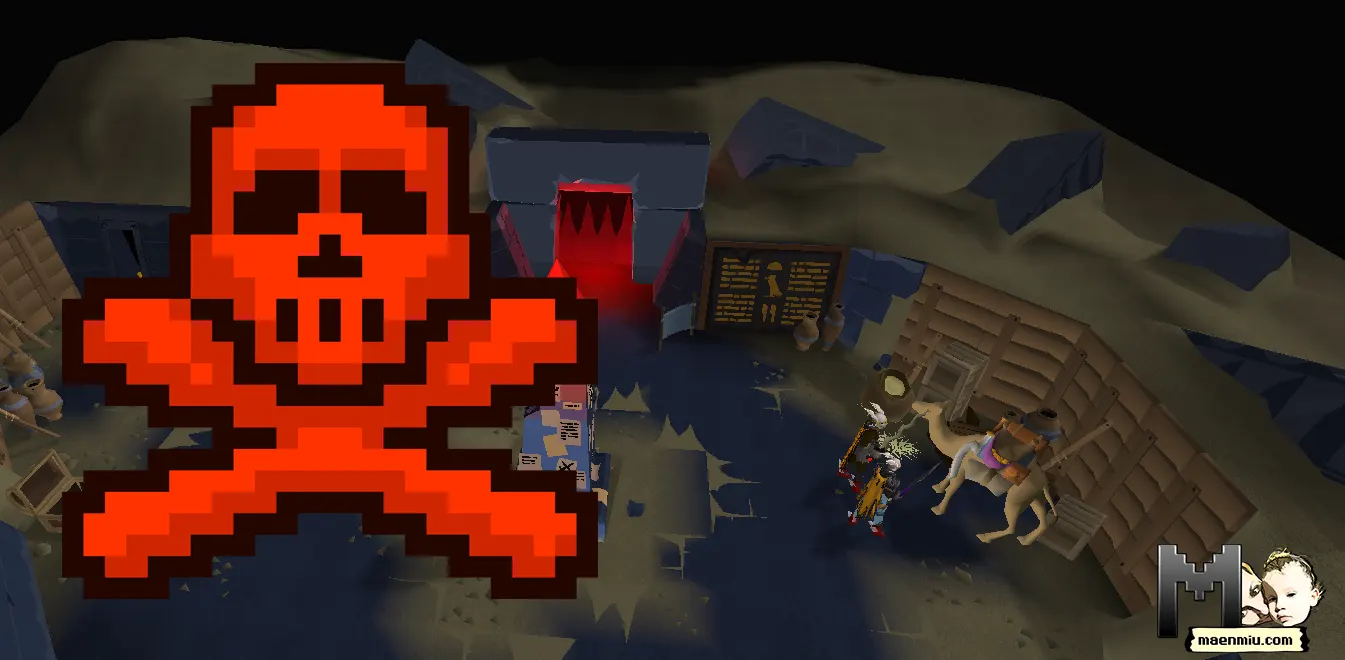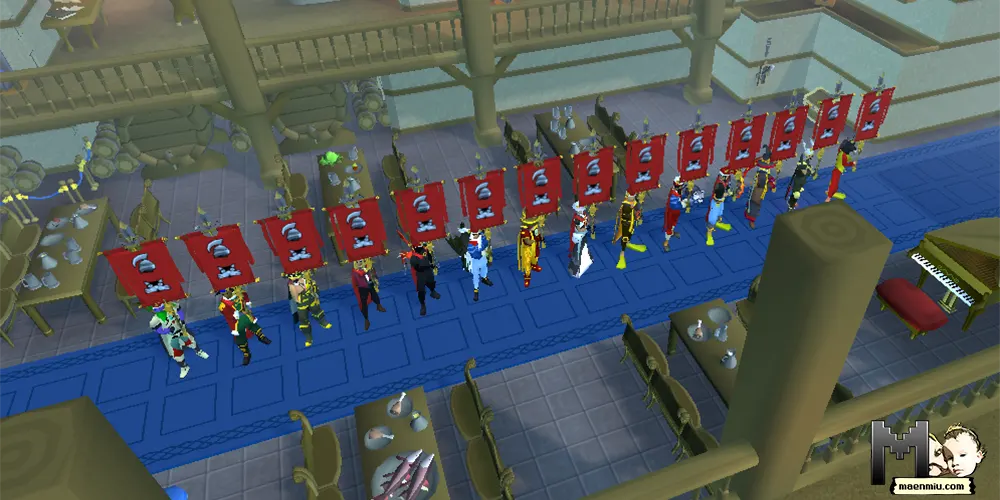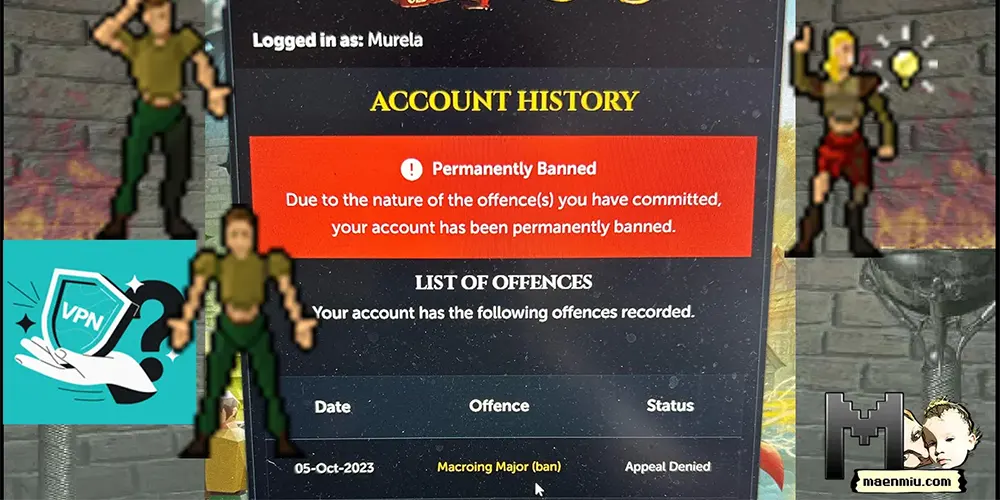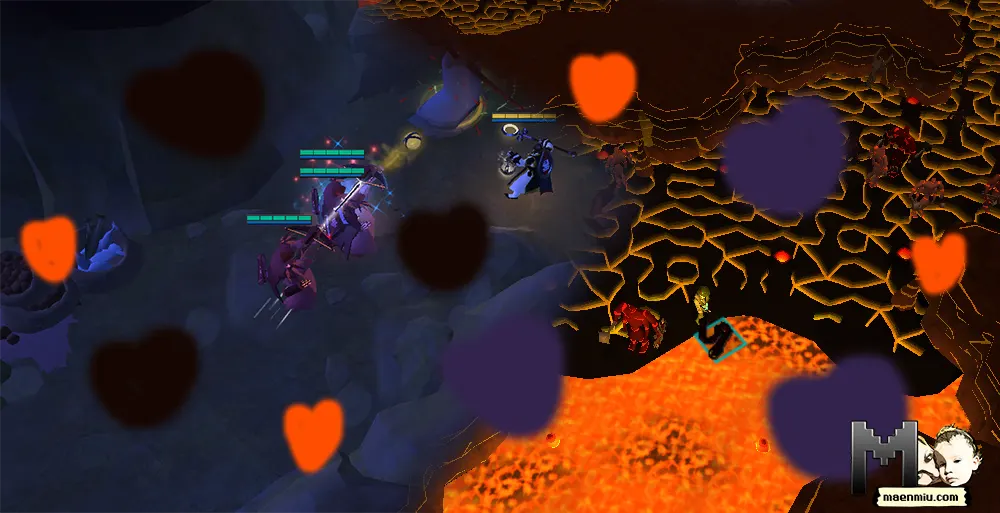
The world of gaming, much like the sphere of personal relationships, is an intricate realm of engagement and investment. Two of my favourite examples, Old School RuneScape (OSRS) and Albion Online, thrive on user activity and involvement. But what happens when players decide to become inactive or “log out”? And how does this parallel the concept of inactivity in romantic relationships?
You might like
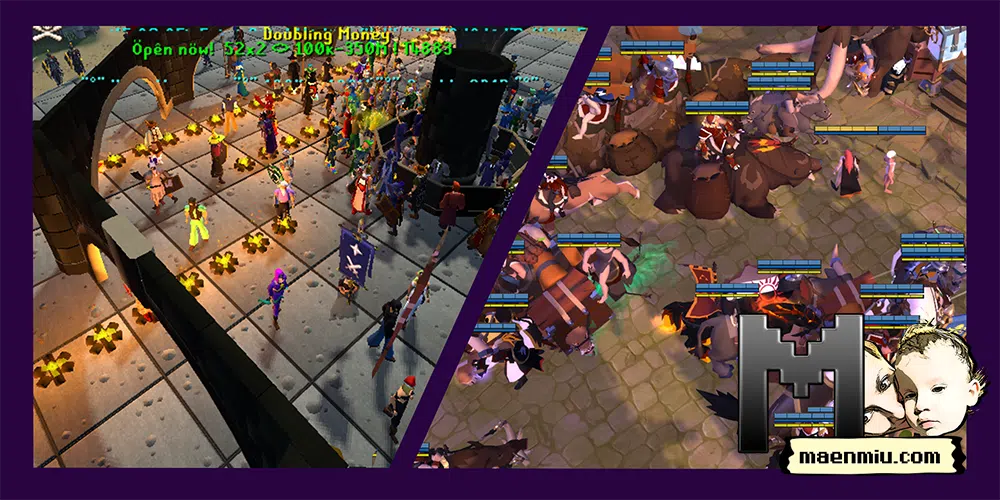
Effort
The first parallel that immediately leaps out when comparing inactivity in games and relationships is the fundamental principle of consistent effort and commitment. OSRS, a nostalgic piece of MMORPG history, and Albion Online, an emerging free-to-play MMO, both require significant time investment. Levelling up in OSRS is a grind, often needing hours of repetitive tasks, and the game basically never ends because there’s always more content to do like questing, minigames, achievement diaries, bosses, collection logs, raids, pking, and even temporary game modes. Similarly, Albion Online, with its player-driven economy and territorial PvP system, demands strategic thinking and active participation, like joining dungeons, ganking parties, faction parties, gathering parties, ZvZs, as well as a decent amount of grind (incomparable to OSRS though, where the grind is never over).
Time
This time investment and participation bear similarities to the dynamics of romantic relationships. When a partner becomes inactive, essentially “logging out” the relationship is bound to suffer. It’s akin to an OSRS player, having reached a certain level, deciding to stop their journey. However, no one quits RuneScape, and breaks are a norm. This contrasts with romantic relationships because, often times, when you decide to take a break from a relationship, you won’t return to the same relationship or person. This has to do a lot with the fast-paced dynamics of humans inter-relations, human interactions, and rapid change. While if you temporarily quit the game, with the exception of some updates, or clan members changes, you will find pretty much the same game when you return. Same goes foe Albion where unless you’re really well connected with the guild you’re in you’ll most likely return and find yourself kicked from the previous guild for inactivity since if a guild member withdraws from essential PvP battles, putting the guild’s territory or HO at risk, they are less likely to be welcomed by that guild.
The collective
In both cases, inactivity or a lack of engagement doesn’t only impact the individual, but the collective whole. When a guild member in Albion Online ceases to contribute, it could lead to the losses for the whole guild, or alliance, depending on how important that member is. In OSRS, a player’s hiatus can cause their Clan to be left behind during significant events. The parallels with romantic relationships are evident. Inactivity, such as no longer making an effort to communicate or spend quality time together, can lead to the deterioration of the bond, just as it can lead to the loss of progress or status in a game.
Another crucial aspect to consider is the ripple effect of logging out. In OSRS and Albion Online, a player’s absence is noticed. Friends may reach out, wondering about the sudden inactivity, or guild members may be left scrambling to fill the void. The economic impact can also be substantial, especially in a player-driven economy like Albion. If a high-level crafter or trader goes MIA, prices can fluctuate, and certain items may become scarce.
Similarly, when one partner logs out from a romantic relationship, the ripple effects can be intense. Friends and family may reach out, trying to understand what’s going wrong. The emotional, psychological, and sometimes financial impacts can be far-reaching. Much like the in-game community feeling the shockwaves of a player’s absence, the partner left behind in a relationship is bound to experience a range of emotions and challenges.
Logging back in
Finally, we can’t discuss logging out without touching on the topic of re-engagement, or logging back in. In both games and relationships, coming back after a period of inactivity can be a tricky business. It requires the inactive party to understand the changes that have occurred during their absence. For example, returning to Albion Online after a significant period could mean adapting to new territories, alliances, or changes in the market as well as potential new updates or meta changes. The player must relearn certain aspects and catch up with their guildmates.
Similarly, re-engaging in a romantic relationship after a period of inactivity requires open communication, understanding, and often, a willingness to adapt to changes that have occurred during the period of inactivity. This could mean acknowledging the hurt caused, demonstrating changed behaviour, or working through residual issues.
Deep Sea
Logging out, in both games and relationships, is typically a consequence of sustained inactivity. The path to logging out, however, is not often a sudden impulse but a gradual process that might not be immediately apparent. This gradual process can be likened to slowly drifting away on a boat (no reference to OSRS’s Sailing intended). You may not notice the gentle sway at first, but if you’re not careful, you might find yourself lost at sea.
Consider a player engrossed in Albion Online. Their initial passion might drive them to hours of gameplay daily, contributing to their guild, trading, and participating in epic PvP battles. However, over time, various factors, such as a shift in priorities, a lack of time, or a perceived stagnation in the game’s content, might lead to decreased activity. The player may log in less frequently, their contribution to guild activities might dwindle, and they might gradually stop participating in the player-driven economy. This process of inactivity doesn’t immediately result in the player logging out for good. However, the frequency of log-ins becomes sporadic, their presence in the game world less and less significant. Eventually, their inactivity leads to a final log-out, and the once vibrant participant of the Albion community becomes an account gathering virtual dust.
This same pattern is often seen in romantic relationships. In the early stages, partners are generally highly engaged with each other, spending quality time together, communicating effectively, and actively working to meet each other’s needs. However, as time passes, one partner might begin to exhibit signs of inactivity. This inactivity could manifest as fewer shared experiences, a lack of meaningful communication, less effort to understand and meet the other partner’s needs, and a general disengagement from the relationship’s emotional aspects. As in the gaming world, this inactivity doesn’t instantly lead to a breakup. But, as the inactivity persists, it places strain on the relationship. The shared connection and intimacy become frayed until the once loving partner logs out of the relationship, often leaving the other partner bewildered and hurt.
Danger zones
In the sphere of multiplayer online gaming, one particular concept stands out: logging out in dangerous zones. Games like OSRS and Albion Online have areas where players can face significant risks – be it from powerful NPCs, environmental hazards, or other players. Logging out in these precarious areas can have dire consequences. You might log back in to find your character in peril or, worse, dead.
Similarly, in the world of romantic relationships, there are also hazardous zones. These zones are not signposted by foreboding music or desolate landscapes, as in games, but they are just as real and potentially damaging. A relationship can enter a dangerous zone due to constant arguments, emotional or physical abuse, trust issues, or a myriad of other harmful circumstances. When the relationship is not safe or secure, then the equivalent of ‘logging out’ would be disengaging from the relationship without addressing the root cause of the danger or seeking help. This form of logging out might provide a brief respite from the immediate stress or tension. Still, much like logging out in a dangerous in-game zone, it does not remove the peril. You may find yourself constantly on edge, worrying about what you’ll return to when you decide to engage again.
The aftermath of logging out in a dangerous zone in Albion Online or OSRS might be the loss of hard-earned equipment, reduction in skill levels in game modes such as permanent DMM for OSRS, or even the death of your character. In a relationship, the consequences can be severe emotional distress, a further breakdown in communication, or a deepening of the harmful patterns that led to the dangerous zone in the first place.
Strategy
Logging out in these dangerous zones, whether in a game or a relationship, can often make the situation worse. In the context of gaming, it’s advisable to navigate your way to a safer zone before logging out, or to have a plan for dealing with the potential risks. Similarly, in relationships, it’s crucial to find a safe space, seek external support if necessary, and address the issues creating the dangerous situation.
The world of gaming, like real-life relationships, requires strategic thinking, time, and consistent effort. Understanding how to navigate both is crucial for maintaining progress in games and maintaining healthy relationships in real life. It’s essential to know that ‘logging out’ should ideally be a tool for rest and rejuvenation, rather than escape from danger zones, lest you log back in to find the situation unchanged or worsened.
I created this article with the partial assistance of an AI tool. Learn about my view on AI and why I’m telling you about it.

